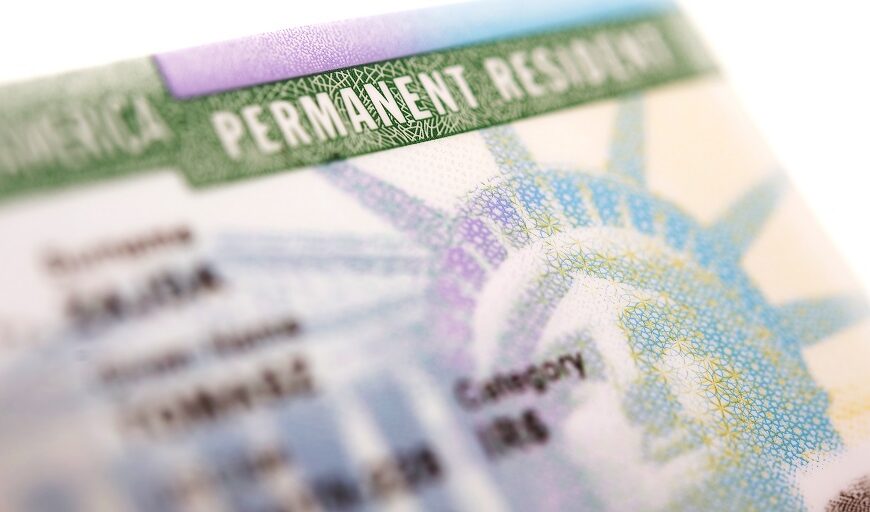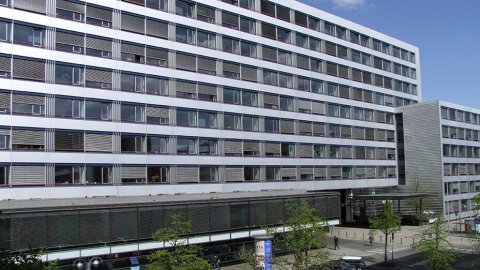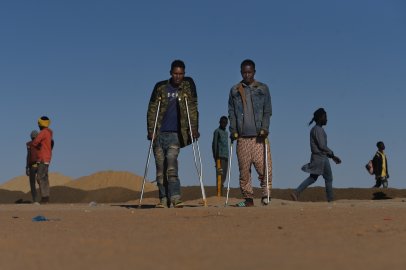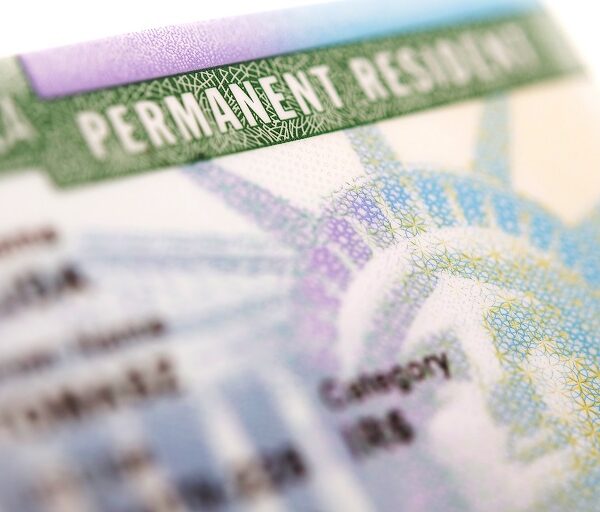Deportation Without Due Process: Urgent Need for Investigation Revealed
In recent years, the complex and often controversial landscape of immigration in the United States has raised significant questions about due process and the treatment of individuals facing deportation. The stories of men deported to El Salvador, often under dubious circumstances, shed light on a troubling reality that demands urgent investigation.
The Stories Behind the Deportations
The men who have been deported to El Salvador come from various backgrounds, each with their own unique tales of hardship and struggle. Many of these individuals have lived in the United States for years, contributing to their communities and building lives that they were abruptly forced to abandon.
Key elements of their stories include:
Due Process Concerns
At the core of this issue lies the question of due process. Many of these deportations occurred without thorough legal proceedings, leaving individuals vulnerable to unfair treatment. The lack of adequate legal representation and the expedited nature of deportation proceedings raise significant concerns about whether these individuals had a fair chance to present their cases.
Critical issues surrounding due process include:
The Impact of Deportation
The repercussions of these deportations extend far beyond the individuals affected. Families are torn apart, communities lose valuable members, and the broader social fabric is impacted. The emotional toll on families, especially children, is immense.
Some of the consequences include:
Call for Investigation and Reform
The urgent need for a comprehensive investigation into the deportation practices and the treatment of individuals facing removal is clear. Advocacy groups and human rights organizations are calling for reforms to ensure that due process is upheld and that individuals are not unjustly deported.
Proposed reforms include:
The Role of Policymakers
Policymakers play a critical role in shaping immigration laws and practices. It is imperative that they listen to the stories of those affected by deportation and work to create a system that values human rights and dignity.
Key actions for policymakers include:
Conclusion
The stories of men deported to El Salvador highlight a critical issue within the U.S. immigration system that cannot be ignored. The lack of due process and the emotional, economic, and social impacts of deportation call for immediate action and reform.
As a society, it is our responsibility to advocate for those who have been marginalized and to push for a system that prioritizes justice and humanity. The fight for change in immigration policies is essential not only for the individuals affected but for the integrity of our nation as a whole. It is time to demand accountability and to ensure that every individual receives the fair treatment they deserve, regardless of their immigration status.







